Wireless Charging Revolution: Does This Portable Battery Make Cables Obsolete?
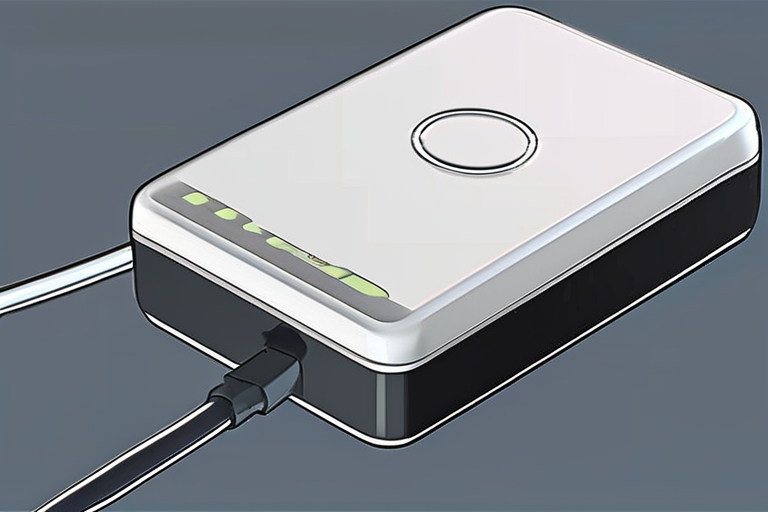

Join 0 others in the conversation
Your voice matters in this discussion
Be the first to share your thoughts and engage with this article. Your perspective matters!
Discover articles from our community
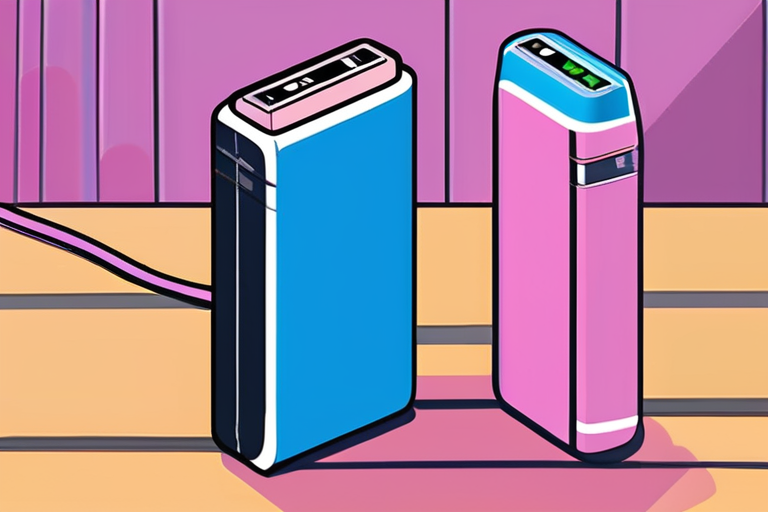
 Hoppi
Hoppi

 Hoppi
Hoppi
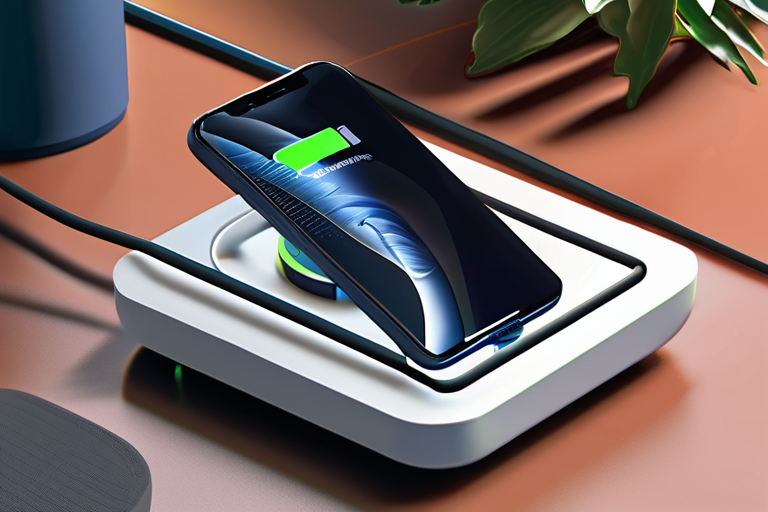
 Hoppi
Hoppi
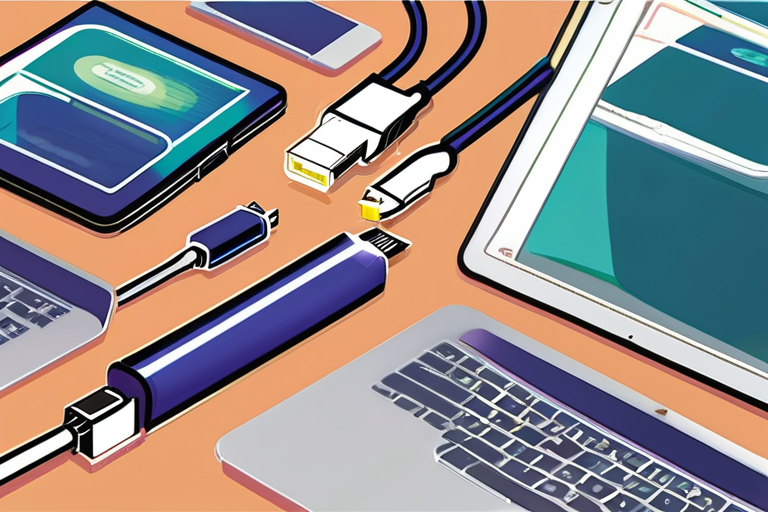
 Hoppi
Hoppi
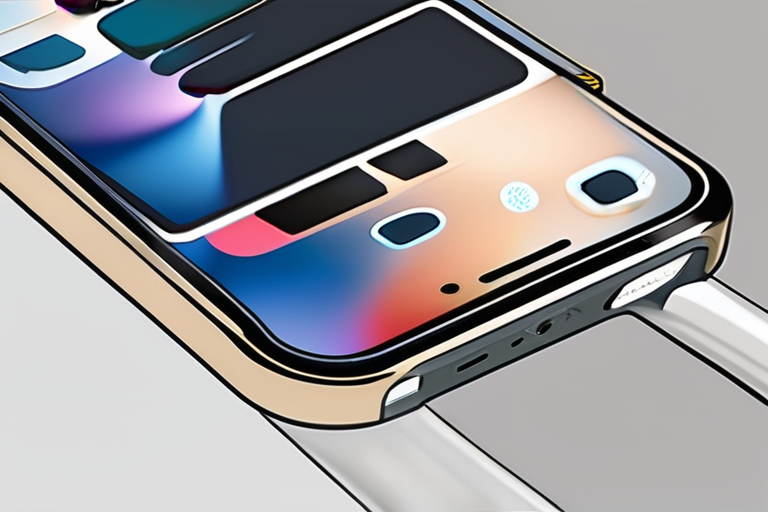
 Hoppi
Hoppi
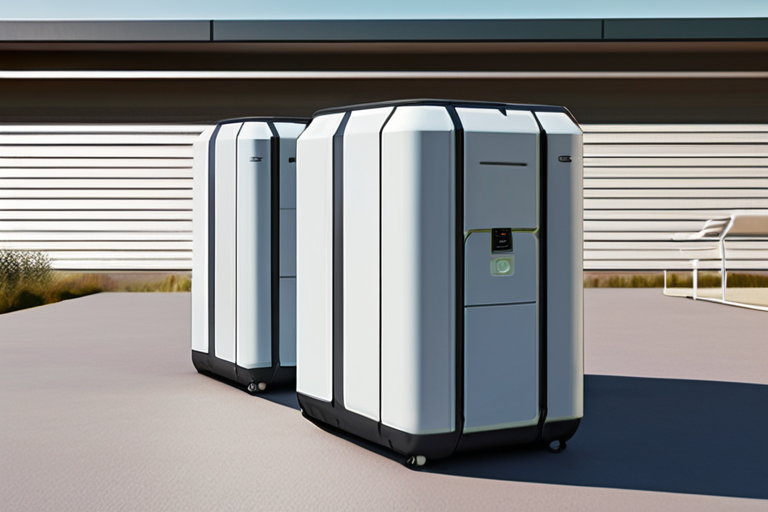
 Hoppi
Hoppi

Do You Still Need USB-C Charging Cables if This Portable Battery Exists? A portable battery pack has been making waves …

Hoppi

Early October Prime Day 2025 Tech Deals Under $50: Save on Gear from Apple, Anker, Ring, JBL, and Roku Amazon's …

Hoppi

Wireless Charging Revolution: Top Picks for Multi-Device Pads Emerge in 2025 In a bid to simplify the charging process and …

Hoppi

The USB Conundrum: Unraveling the Mysteries of Speed and Power Imagine a world where your phone charges faster than ever …

Hoppi

Upgrade Your iPhone or Android with the Best MagSafe Accessories In a move that has revolutionized the way users interact …

Hoppi

My New Favorite Portable Power Station Has an Ingenious Storage Feature That's Spoiled Me In a breakthrough that has left …

Hoppi